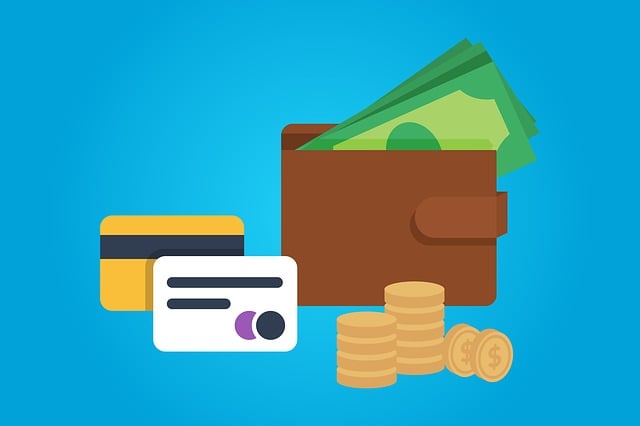Struggling with bad credit and multiple debts? Unsecured consolidation loans could be a solution. This article explores how these loans can simplify debt management by combining multiple payments into one manageable loan. We’ll guide you through understanding their benefits, meeting eligibility criteria, finding reputable lenders, navigating the application process, and more. By the end, you’ll have the knowledge to make an informed decision about your financial future.
- Understanding Unsecured Consolidation Loans
- – Definition and benefits
- – How they work for debt relief
- – Comparison with other loan types
Understanding Unsecured Consolidation Loans
Unsecured consolidation loans are a financial solution designed to simplify debt management for individuals with poor credit histories. Unlike secured loans that require collateral, unsecured options provide funding without the need for assets as guarantee. This makes them accessible to borrowers who might otherwise struggle to obtain traditional loans.
These loans aggregate multiple existing debts into a single, more manageable repayment stream. Borrowers can use the funds to pay off creditors, reducing the burden of numerous monthly payments. The simplicity and flexibility of unsecured consolidation loans make them an attractive option for those seeking to regain control of their finances despite facing challenges with credit history.
– Definition and benefits
Unsecured Consolidation Loans are a financial solution designed to simplify debt management for individuals with bad credit history. By consolidating multiple debts into a single loan, borrowers can enjoy several benefits. These include reduced monthly payments, lower interest rates, and the convenience of dealing with one lender instead of several. This approach not only eases the burden of debt repayment but also enhances the borrower’s credit score over time by demonstrating responsible financial management.
– How they work for debt relief
Unsecured consolidation loans can provide a much-needed relief for individuals struggling with debt. These loans work by combining multiple high-interest debts into a single loan with a lower interest rate, making repayment more manageable. By streamlining multiple payments into one, borrowers save on interest and potentially reduce the overall cost of their debt over time. This simplification not only eases the mental burden of keeping track of multiple due dates but also allows for better budgeting as there’s only one payment to focus on.
Consolidation loans offer flexibility in terms of repayment periods, which can range from 3 to 10 or more years, depending on the lender and the amount borrowed. This extended timeline can make payments more affordable, although it means borrowers will be paying interest for a longer period. It’s crucial to consider one’s financial situation and future prospects before opting for this solution to ensure the loan is a suitable fit and doesn’t lead to further debt accumulation.
